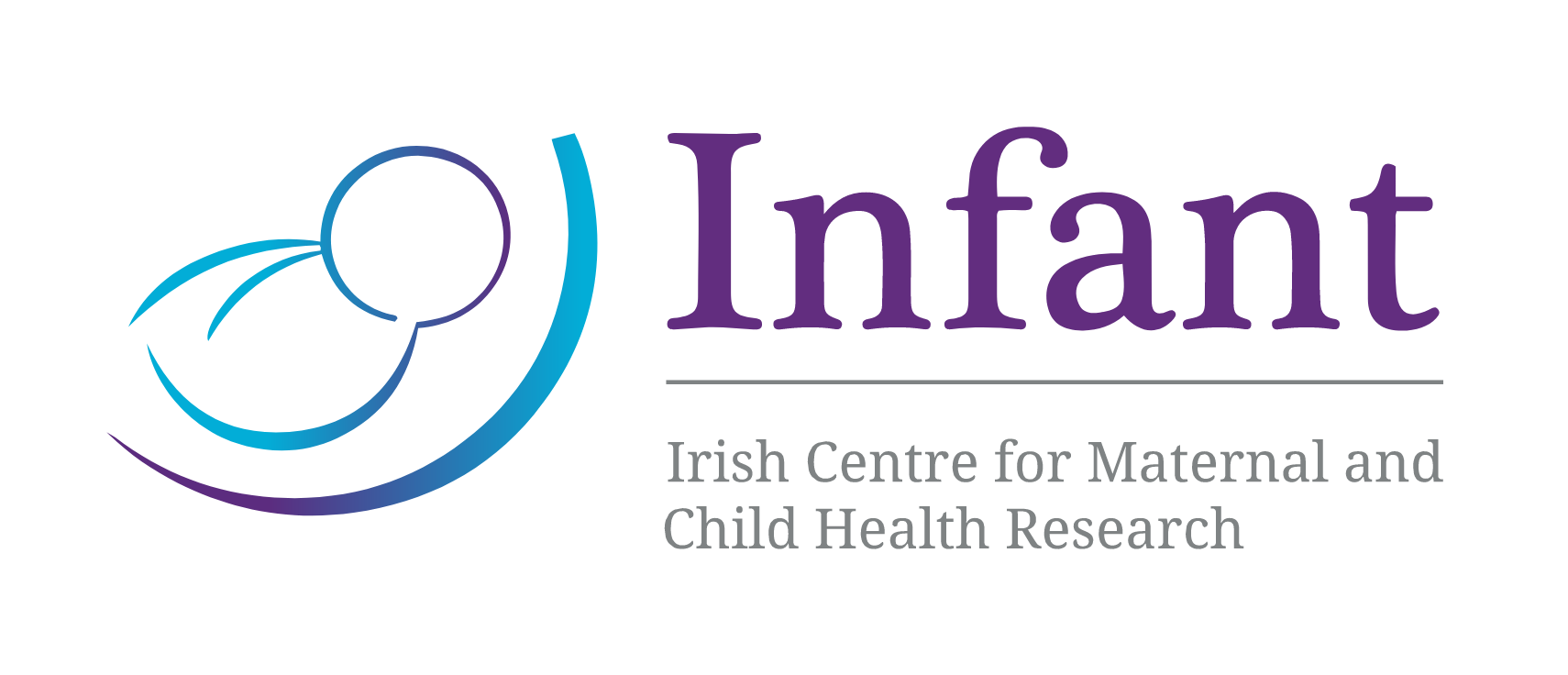Monday 26 September 2016
 Each year in Ireland, roughly 180 children develop clinical signs of brain dysfunction, or HIE
Each year in Ireland, roughly 180 children develop clinical signs of brain dysfunction, or HIE
A new HRB-funded study, shows that a mild blood or oxygen deficit at birth, which leads to a condition called Hypoxic Ischaematic Encephalopathy (HIE) can result in children having lower IQ than their peers at the age of five and increased rates of overall disability. The study carried out by clinicians at the INFANT Centre, University College Cork, followed a group of babies born with mild, moderate or severe HIE until they were five years of age.
Each year three in every 1000, or roughly 180, children born in Ireland will develop clinical signs of brain dysfunction, or hypoxic ischaemic encephalopathy (HIE) which require the baby to be admitted to the neonatal intensive care unit. HIE varies in severity and is graded as mild, moderate or severe.
Currently all babies with a moderate or severe grade of HIE are offered cooling therapy. The baby is cared for in the Neonatal Intensive Care Unit, placed on a cooling blanket and their body temperature is maintained at 33.5-34.5 degrees centigrade for 72 hours. Cooling at this crucial time reduces the energy expenditure of the brain, reduces inflammation and gives the brain time to recover improving the chances of a good long-term outcome.
Cooling has repeatedly been shown to be safe and effective for babies with moderate and severe HIE and almost halves their risk of cerebral palsy or moderate-to-severe disability at 5 years. However, to date children with mild grade of HIE (approximately 90 babies each year in Ireland) are not cooled because their outcome has generally been thought to be very good.
According to Dr Deirdre Murray, HRB Clinician Scientist and Lead Investigator on the study,
“We wanted to examine cognitive and motor outcomes among all grades of HIE babies up to the age of five. We monitored the function of the baby’s brain very carefully in the first few days after birth by measuring the tiny electrical signals of the brain (EEG). This helped us to accurately grade the degree of altered brain function. Our research has shown that at five years, children admitted to the NICU with a mild grade of HIE at birth have IQ scores approximately 10 points lower than their peers. At five years the children had higher rates of difficulties than we would expect in the areas of learning, speech, movement or behaviour, with 35% of the group having problems in one or more areas.
Clearly the outcome for children experiencing mild HIE is not as good as previously thought. This raises the question of whether infants with mild HIE should also be offered cooling therapy soon after birth. At present we don’t have an answer to this question as no trials to date have examined the effectiveness of cooling in infants mild HIE and whether this would improve their outcome.”
INFANT Director and study co-investigator Professor Geraldine Boylan says, “This study is very important given more than half of all infants with newborn encephalopathy are assigned a mild grade at birth and do not receive cooling therapy. This study has clearly shown that these infants have significant problems by five years, which represents a significant burden of disability in Ireland, and worldwide.”
Speaking about the research Dr Graham Love, Chief Executive at the HRB said, ‘this work highlights the importance of embedding research into everyday clinical care, and then using the evidence it provides to inform clinical practice or future research ’.
Deirdre Murray adds, “We urgently need to examine our management of this group of infants in the crucial first days after their birth and further research is needed to assess the impact of cooling on newborns with mild HIE.”





